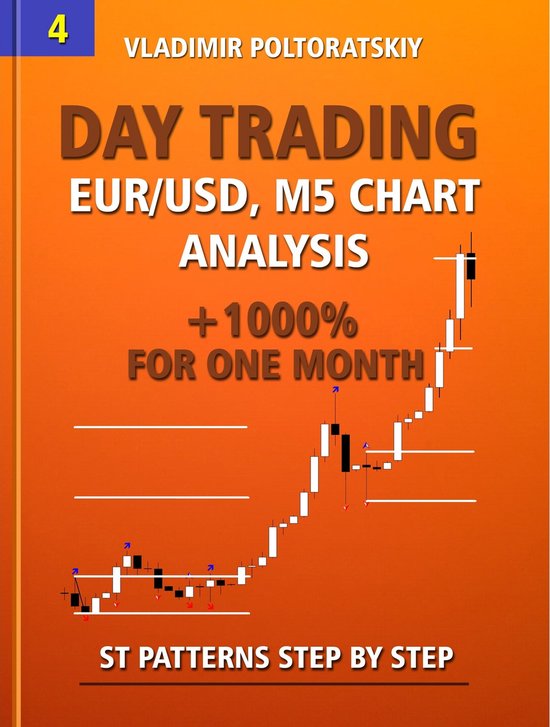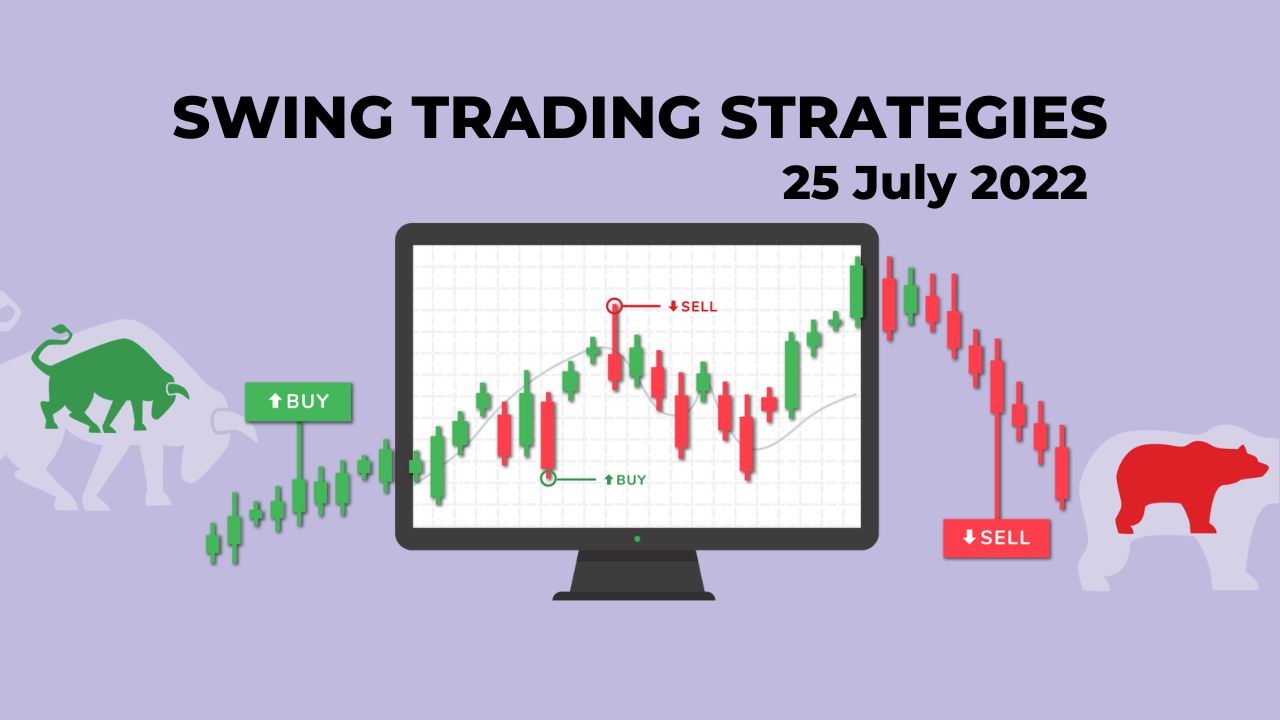
Hedging in forex is a trading strategy used by traders to limit their losses from exchange rate fluctuations and protect their profits. Hedging often works in conjunction with risk management strategies like stop losses to reduce overall forex trading risks.
Forex hedge strategy is to buy or sell a certain currency pair and offset the risk in a trading. You can use a direct, simple strategy to hedge your trade or more complex systems that include multiple currencies and financial derivatives like options.
Choosing Your Strategy
Hedging involves a lot of work. This requires a detailed understanding of both the market and its volatility. Experienced traders are able to choose from a range of strategies to cover their positions.
There are many ways you can hedge trades. The most common way is by using forex options. Options allow you to sell or buy a certain currency for a set price at a given date.

Another popular hedging strategy is to take advantage of positively or negatively correlated pairs, such as GBP/USD and EUR/USD. This type of hedging is typically effective when the economies of both countries are moving in tandem, but it can also be helpful in more unusual situations.
This strategy can be risky, because it exposes your USD and EUR exposure. The two currencies are also volatile, so it is a risky strategy.
In addition to the costs, it's important to understand how long and what time is required to implement such a strategy. Spread fees, for example, could negate any gains.
A hedged position can be achieved by simultaneously opening a long and a small position in the same currency pair. This can mitigate the loss from the long position and offset the profit from the short position. This is called no loss hedging, and can prove profitable for some traders.
CFTC Regulations
Regulations in the United States require that brokers close all existing long positions prior to opening any new ones. This reduces the possibility of traders opening a position at the wrong time and being at loss.

Alternatively, traders can place two opposite positions that cancel each other in a netted out position, but this isn't always a reliable way to hedge. This is because there is a risk that the two contradictory positions will cancel each other, or the spread fees to consider.
The most effective way to hedge your forex positions is to build a complicated strategy that takes multiple currency pairs into account, with options as an integral part of this strategy. This can be an extremely complex but rewarding strategy to maximize profits while reducing overall risk.
FAQ
Why is it important to have marketable securities?
An investment company's main goal is to generate income through investments. It does this by investing its assets into various financial instruments like stocks, bonds, or other securities. These securities are attractive because they have certain attributes that make them appealing to investors. They can be considered safe due to their full faith and credit.
It is important to know whether a security is "marketable". This is how easy the security can trade on the stock exchange. A broker charges a commission to purchase securities that are not marketable. Securities cannot be purchased and sold free of charge.
Marketable securities can be government or corporate bonds, preferred and common stocks as well as convertible debentures, convertible and ordinary debentures, unit and real estate trusts, money markets funds and exchange traded funds.
These securities can be invested by investment firms because they are more profitable than those that they invest in equities or shares.
What's the difference between the stock market and the securities market?
The securities market refers to the entire set of companies listed on an exchange for trading shares. This includes stocks, bonds, options, futures contracts, and other financial instruments. Stock markets are generally divided into two main categories: primary market and secondary. The NYSE (New York Stock Exchange), and NASDAQ (National Association of Securities Dealers Automated Quotations) are examples of large stock markets. Secondary stock markets are smaller exchanges where investors trade privately. These include OTC Bulletin Board Over-the-Counter, Pink Sheets, Nasdaq SmalCap Market.
Stock markets have a lot of importance because they offer a place for people to buy and trade shares of businesses. Their value is determined by the price at which shares can be traded. The company will issue new shares to the general population when it goes public. These shares are issued to investors who receive dividends. Dividends are payments made to shareholders by a corporation.
Stock markets are not only a place to buy and sell, but also serve as a tool of corporate governance. The boards of directors overseeing management are elected by shareholders. Boards make sure managers follow ethical business practices. If a board fails to perform this function, the government may step in and replace the board.
How can I invest in stock market?
Brokers are able to help you buy and sell securities. A broker sells or buys securities for clients. Brokerage commissions are charged when you trade securities.
Brokers often charge higher fees than banks. Banks offer better rates than brokers because they don’t make any money from selling securities.
A bank account or broker is required to open an account if you are interested in investing in stocks.
If you hire a broker, they will inform you about the costs of buying or selling securities. Based on the amount of each transaction, he will calculate this fee.
Your broker should be able to answer these questions:
-
The minimum amount you need to deposit in order to trade
-
whether there are additional charges if you close your position before expiration
-
What happens if you lose more that $5,000 in a single day?
-
How long can positions be held without tax?
-
How much you are allowed to borrow against your portfolio
-
Whether you are able to transfer funds between accounts
-
how long it takes to settle transactions
-
The best way to sell or buy securities
-
How to Avoid Fraud
-
How to get help if needed
-
whether you can stop trading at any time
-
Whether you are required to report trades the government
-
Reports that you must file with the SEC
-
Whether you need to keep records of transactions
-
What requirements are there to register with SEC
-
What is registration?
-
How does it impact me?
-
Who must be registered
-
When do I need registration?
Are bonds tradeable
Yes, they do! Like shares, bonds can be traded on stock exchanges. They have been traded on exchanges for many years.
They are different in that you can't buy bonds directly from the issuer. You must go through a broker who buys them on your behalf.
This makes buying bonds easier because there are fewer intermediaries involved. This means you need to find someone willing and able to buy your bonds.
There are many different types of bonds. Different bonds pay different interest rates.
Some pay interest every quarter, while some pay it annually. These differences make it possible to compare bonds.
Bonds are very useful when investing money. If you put PS10,000 into a savings account, you'd earn 0.75% per year. The same amount could be invested in a 10-year government bonds to earn 12.5% interest each year.
If all of these investments were accumulated into a portfolio then the total return over ten year would be higher with the bond investment.
What is the difference in marketable and non-marketable securities
The key differences between the two are that non-marketable security have lower liquidity, lower trading volumes and higher transaction fees. Marketable securities can be traded on exchanges. They have more liquidity and trade volume. These securities offer better price discovery as they can be traded at all times. This rule is not perfect. There are however many exceptions. There are exceptions to this rule, such as mutual funds that are only available for institutional investors and do not trade on public exchanges.
Non-marketable securities tend to be riskier than marketable ones. They usually have lower yields and require larger initial capital deposits. Marketable securities can be more secure and simpler to deal with than those that are not marketable.
For example, a bond issued in large numbers is more likely to be repaid than a bond issued in small quantities. The reason for this is that the former might have a strong balance, while those issued by smaller businesses may not.
Because of the potential for higher portfolio returns, investors prefer to own marketable securities.
What are the advantages of owning stocks
Stocks are less volatile than bonds. Stocks will lose a lot of value if a company goes bankrupt.
However, if a company grows, then the share price will rise.
To raise capital, companies often issue new shares. Investors can then purchase more shares of the company.
Companies borrow money using debt finance. This allows them to get cheap credit that will allow them to grow faster.
People will purchase a product that is good if it's a quality product. The stock price rises as the demand for it increases.
As long as the company continues producing products that people love, the stock price should not fall.
What is a Bond?
A bond agreement is an agreement between two or more parties in which money is exchanged for goods and/or services. It is also known to be a contract.
A bond is usually written on a piece of paper and signed by both sides. This document contains information such as date, amount owed and interest rate.
A bond is used to cover risks, such as when a business goes bust or someone makes a mistake.
Bonds are often combined with other types, such as mortgages. This means that the borrower will need to repay the loan along with any interest.
Bonds are also used to raise money for big projects like building roads, bridges, and hospitals.
The bond matures and becomes due. The bond owner is entitled to the principal plus any interest.
Lenders lose their money if a bond is not paid back.
Statistics
- US resident who opens a new IBKR Pro individual or joint account receives a 0.25% rate reduction on margin loans. (nerdwallet.com)
- Even if you find talent for trading stocks, allocating more than 10% of your portfolio to an individual stock can expose your savings to too much volatility. (nerdwallet.com)
- Individuals with very limited financial experience are either terrified by horror stories of average investors losing 50% of their portfolio value or are beguiled by "hot tips" that bear the promise of huge rewards but seldom pay off. (investopedia.com)
- Ratchet down that 10% if you don't yet have a healthy emergency fund and 10% to 15% of your income funneled into a retirement savings account. (nerdwallet.com)
External Links
How To
How can I invest my money in bonds?
An investment fund, also known as a bond, is required to be purchased. They pay you back at regular intervals, despite the low interest rates. This way, you make money from them over time.
There are many ways to invest in bonds.
-
Directly purchasing individual bonds
-
Purchase of shares in a bond investment
-
Investing through an investment bank or broker
-
Investing via a financial institution
-
Investing via a pension plan
-
Invest directly through a broker.
-
Investing with a mutual funds
-
Investing through a unit trust.
-
Investing with a life insurance policy
-
Investing in a private capital fund
-
Investing using an index-linked funds
-
Investing through a hedge fund.